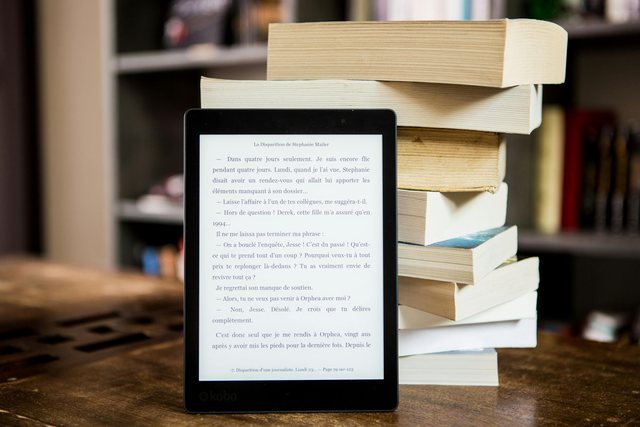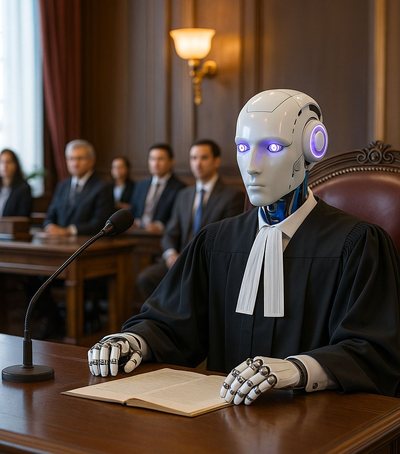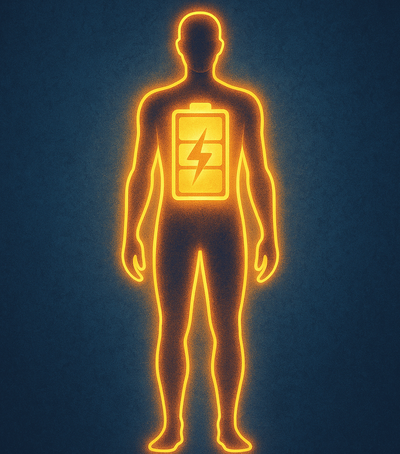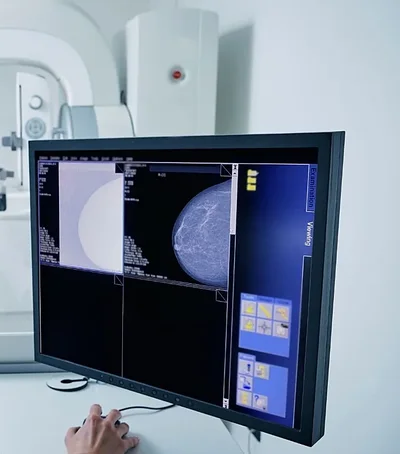
Where books once had only one form — printed paper with the scent of ink and pages yellowed by time — today reading has become a multidimensional experience. From audiobooks you can listen to in your car, to interactive books with AI that adapt to the reader, the way we consume knowledge and history is undergoing a true revolution. And at the center of this transformation is the new reader, who demands pace, flexibility, and more vivid experiences.
Audiobooks – the book that travels with you
Audiobooks have become one of the most popular formats, especially for generations living with a busy calendar. They allow the reader to combine knowledge with daily activities: a novel during a trip, a motivational book at the gym or a history course on the morning commute. The voices of professional narrators add an emotional dimension to reading, turning the book into an experience similar to theater or film.
Interactive books and artificial intelligence
With the advent of AI, books are no longer linear. The reader can choose their own paths, ask questions within the text, and even create a “dialogue” with the book. Interactive books put an end to traditional passivity, making the reader a co-author of the experience. This trend is especially popular with young people, who are accustomed to the dynamism of games and digital applications.
Preferences of new generations
Generation Z and Alpha are increasingly preferring formats that combine speed and multi-functionality. Instead of bulky books, they choose:
Graphic books and digital illustrations, which combine art with storytelling.
Short summaries of bestselling books, to get the gist without spending weeks reading.
Social reading platforms, where books are commented on, shared, and discussed as part of a community.
A global transformation of knowledge
Digital reading is not the end of the printed book; on the contrary, it is its extension. It is making the book more accessible, more inclusive, and more connected to modern life. Instead of competing with screens, the book has itself become a screen that reacts, speaks, and adapts.
The future of reading
On the horizon are books that will be connected to virtual reality, which can be experienced not only by reading or listening, but also by “entering” them. In this way, reading will no longer be a single act, but a multi-sensory experience where knowledge, emotions, and technology are intertwined.
Photo by Perfecto Capucine:
https://www.pexels.com/photo/black-tablet-computer-behind-books-1329571/





